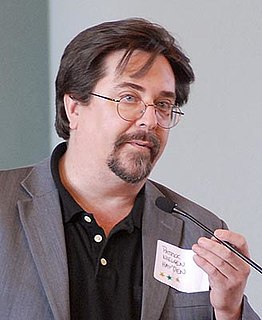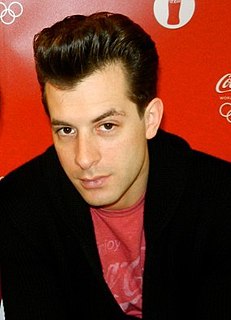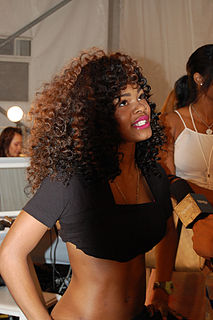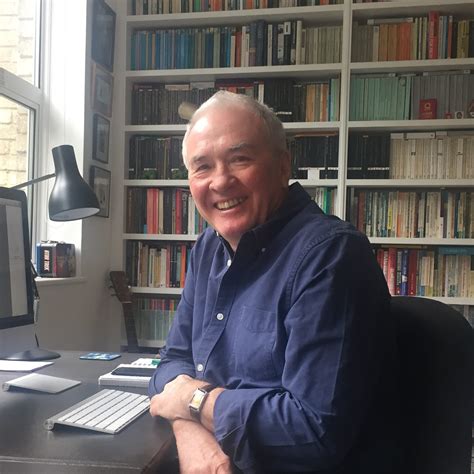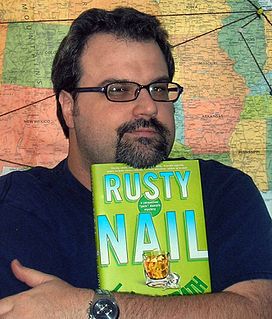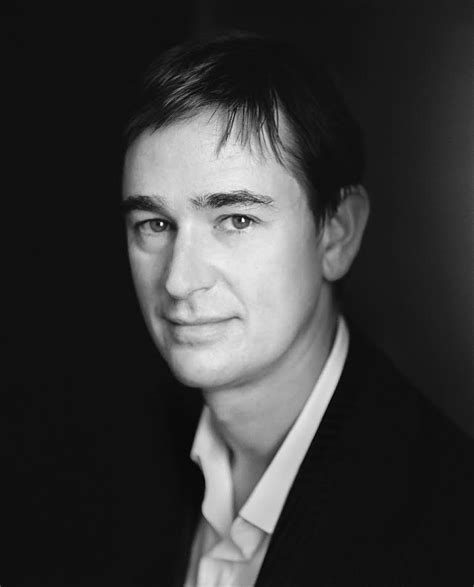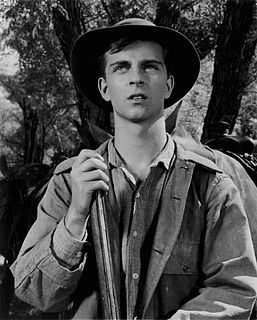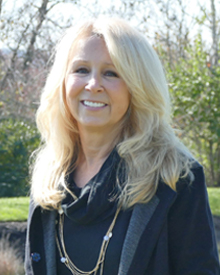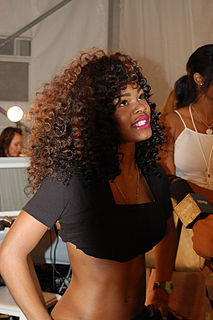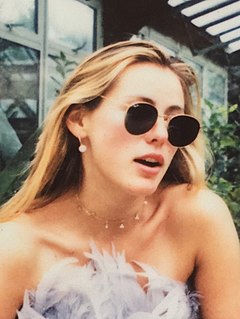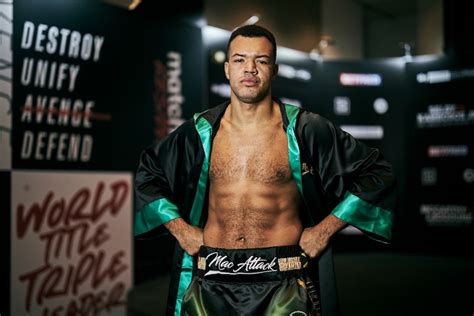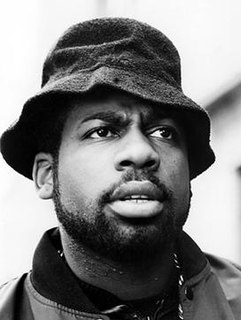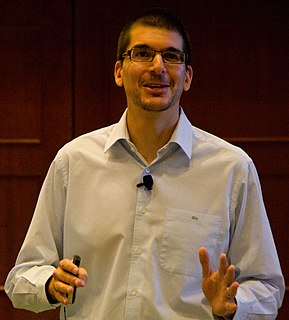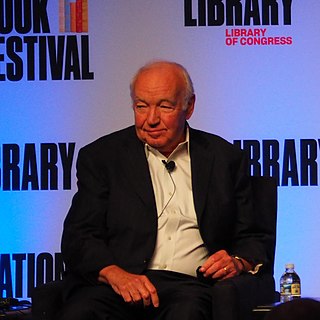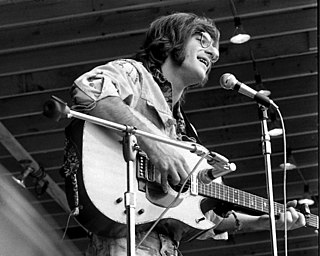Top 917 Publishing Quotes & Sayings
Explore popular Publishing quotes.
Last updated on April 14, 2025.
There are people who have never studied writing who are capable of being writers. I know this because I am an example. I was a part-time registered nurse, a wife, and a mother when I began publishing. I'd taken no classes, had no experience, no knowledge of the publishing world, no agent, no contacts ... Take the risk to let all that is in you, out. Escape into the open.
With the old economics destroyed, organizational forms perfected for industrial production have to be replaced with structures optimized for digital data. It makes increasingly less sense even to talk about a publishing industry, because the core problem publishing solves — the incredible difficulty, complexity, and expense of making something available to the public — has stopped being a problem.
Self-publishing in comics is core to the whole artform. There is no scarlet letter in comics as there still is, to some degree, in prose. As no publisher for a long time would publish serious work in comics, the only way a lot of it came out was because of self-publishing. Many of the greatest works of the medium are self-published.
I more seriously considered publishing it under a pseudonym than I considered publishing it as fiction. I think the decision to write it as nonfiction happened at the very outset of the process, because the overwhelming impetus for writing this book was to understand what the experience meant, and to override my own reductions and rationalizations, whatever story I had that was not true. It didn't sit well with me and I needed to answer that. That's sort of the reason I write everything.
Like a lot of small press founders I was looking for a way into publishing - as well as a way out of academia. Without moving to London, I couldn't see a way of working for a publishing house whose work I liked. Believe it or not, the simplest way for me to get into publishing was to start my own press.
That is the person you want publishing your book. To be in it, you really have to believe in books and love whatever it is you're publishing. Both on the book side and especially on the magazine side, I've had editors that I did not get the same feeling from. That feeling of, "This is something I believe in, I don't care how long, I'm going to publish it" - that kind of passion and commitment means a lot to you.
With the publishing of The Basic Eight, it was often assumed that I was really immature and callow, and with the publishing of Watch Your Mouth, it was assumed that I was oversexualized, and with Lemony Snicket, it's often assumed that I'm erudite and depressed. But all the voices more or less came naturally to me.
I don't think anyone is ever writing so that you can throw it away. You're always writing it to be something. Later, you decide whether it'll ever see the light of day. But at the moment of its writing, it's always meant to be something. So, to me, there's no practicing; there's only editing and publishing or not publishing.
There's a reason that so much good material is coming down to the small presses: it's difficult to turn a profit, all things considered. But you can't go into small press publishing and complain about the money. Our Little Island publishing just needs to survive. If we're still around in a few years - in vaguely the same shape as we are today - then, to me, that's success.
'Band Played On' is a good one. Barbara Orbison, who was Roy's wife, was involved in publishing in Nashville because she oversaw Roy's publishing, and she had a company in Nashville. She had a whole bunch of writers assembled, and they got together every day and wrote, and they write for everybody in Nashville.
I know publishing now more as an author than with occasional peaks inside those elite offices than as an industry insider. It was difficult publishing a novel the first time around, while working behind the scenes, knowing all that has to happen to make a book a success and to still make the leap as an author.
Booksellers are tied to publishing - they need conventional publishing models to continue - but for those companies, that's not the case. Amazon is an infrastructure company; Apple sells hardware; Google is really an advertising company. You can't afford as a publisher to have those companies control your route to market.
Publishing has gone very middlebrow. It's turned its back on legacy of modernism and gone into a humanist mode. When people go through art school they are exposed to the history of the avant-garde, and there's a general understanding that what you're doing as an artist is to a large extent, not just regurgitating that history, but engaging with it. There's this denial of that in the mainstream publishing world.
Don't wait for success, but for the respect and interest of those who read you. At the start it could be a classmate, someone who shares your interests. Before sending off the manuscript for a novel to a publishing house, it would be a good idea to try writing short stories, and publishing them in a local magazine.
Publishing is not evolving. Publishing is going away. Because the word "publishing" means a cadre of professionals who are taking on the incredible difficulty and complexity and expense of making something public. That's not a job anymore. That's a button. There's a button that says "publish," and when you press it, it's done.
You need to be naive enough to do things differently. No big publishing house would have allowed us to co-create a fully designed, four color business book in landscape format - because it was contrary to the publishing industry logic. However, we thought of Business Model Generation as a product, not just a book - similar to Apple products.








